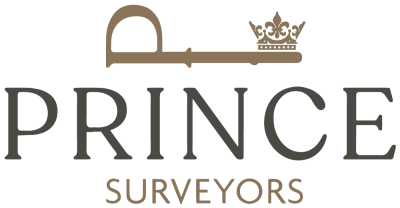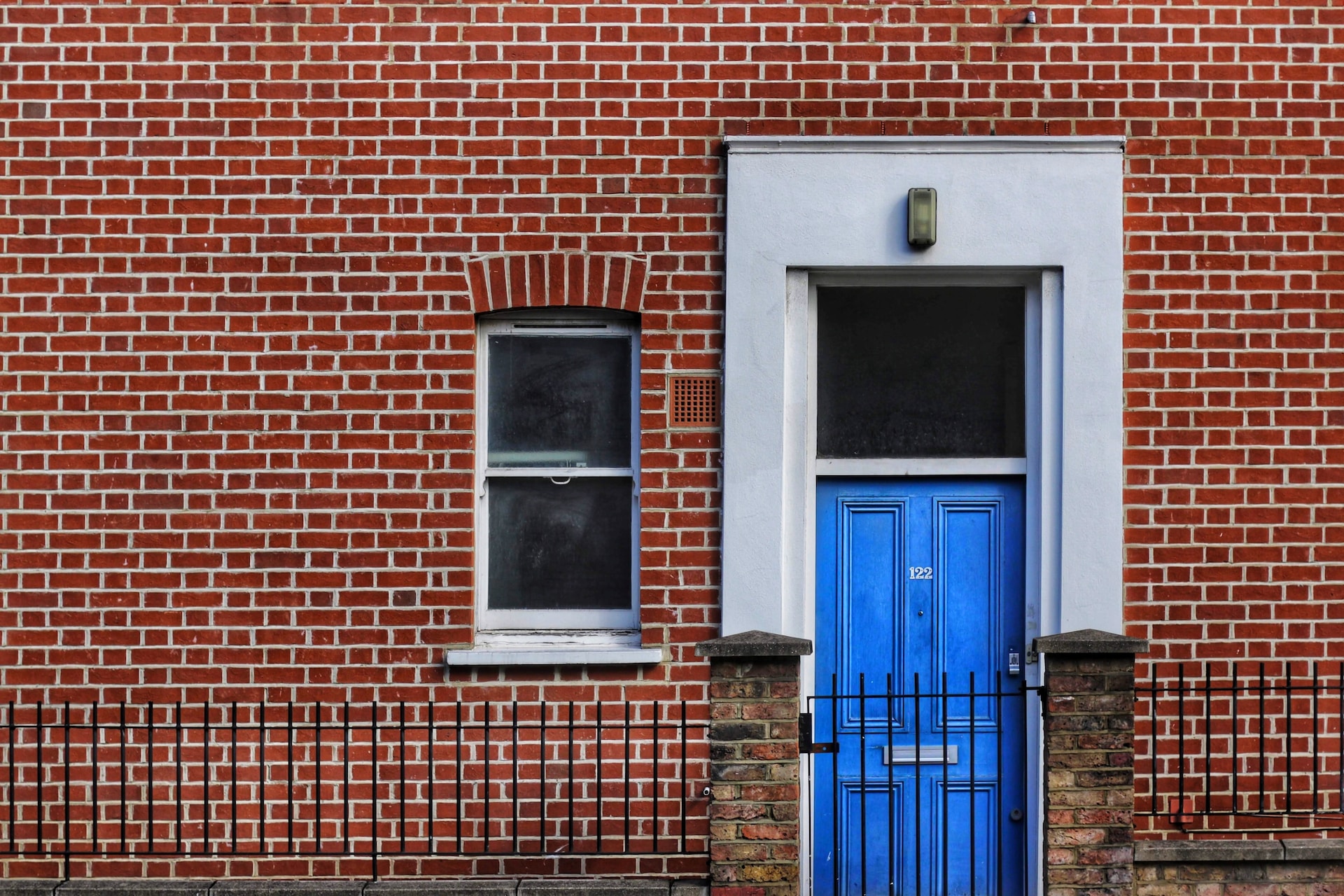When renting a property, it can be challenging to understand what is your responsibility and what is the responsibility of the landlord.
There are the standard legal obligations for a landlord when tenants move in, such as:
- Drawing up an Assured Shorthold Tenancy contract (AST)
- Providing a How to Rent guide
- Protecting the Tenant’s Deposit by registering it in a Government approved scheme
- Supplying essential information and keys for the tenants
- An Energy Performance Certificate (EPC) assessment
For more detailed information on legal obligations, check out our blog, New Property Management Laws Explained.
But what else should a landlord provide in an unfurnished flat?
Let’s dig in.
1. Ensure the Property Is Clean, Safe, and Secure
A landlord should make sure that a rental property is clean, safe, and secure.
They must ensure no apparent hazards and that the property complies with basic letting rules and regulations, such as the following:
- A smoke alarm must be installed on each floor of the property.
- Carbon monoxide detectors must be placed in rooms with a coal fire or wood-burning stove.
- A gas safety certificate for each gas appliance must be available inside the property.
- Any electrical devices must be safe for use. Portable Appliance Testing (PAT) is a great way to do this while also ensuring a record of the steps taken to protect the tenants’ safety.
- The water supply must be working correctly to protect tenants from Legionella.
The landlord must also make sure the property is secure. This means the entire property, including the boundary. The housing health and safety rating system (HHSRS) has a list of 29 hazards that are the landlord’s duty to protect their tenants against, and one of those is ‘danger by intruders’.
So, for example, if a fence panel has blown down in the wind, it’s the landlord’s responsibility to fix it, even if the tenancy agreement says that the tenant is responsible for maintaining the yard and garden.
It’s also the landlord’s responsibility to make sure all the locks on the property – door, and window – are working and insurance-approved.
For more information, check out our Tenant Fee Ban & Rental Guide.
2. Light Fittings and Curtains / Blinds
Along with ensuring that all electrical wiring and circuits are working and safe, a landlord must also ensure all light fittings are in working order and regularly maintained.
The last thing anyone wants is a tenant attempting a DIY job on the wiring and injuring themselves or causing damage to the property. An NICEIC-certified electrician needs to do this.
While it’s not a legal necessity, it’s also a good idea to provide curtains or blinds.
The tenant will need these on day 1 of moving in, and it’s better that you properly fit curtain rails and provide neutral curtains.
Finding the right-sized curtains for windows can be challenging, so most places include them rather than leaving the tenant to another DIY project that could cause more damage to the property.
3. White Goods
White goods refer to large electrical home appliances that are typically finished in white enamel. In letting/rental terms, they generally refer to the significant kitchen appliances, including:
- Fridge
- Freezer
- Dishwasher
- Washing machine
- Microwave
You’ll notice that most rental adverts declare that they provide white goods, and about 99% of renters expect them to be included.
Failing to provide what is considered “basic amenities” by most people could put off potential tenants because it means they’ll need to supply their appliances if they move in.
This would be a substantial extra cost and a lot of extra work, and considering almost all flats come with these “basic amenities,” most renters would go elsewhere if they’re not provided.
White goods provided by the landlord must be in a good state of repair and in proper working order. All gas and electric appliances MUST be safe.
There is no statutory obligation on landlords or agents to have professional checks carried out on the electrical system of these aforementioned appliances.
However, under Common Law and various statutory regulations: The Landlord and Tenant Act 1985, The Housing Act 2004, The Electrical Equipment (Safety) Regulations 1994, and the Plugs and Sockets, etc. (Safety) Regulations 1994, both of which come under the Consumer Protection Act 1987, there is an obligation for landlords to ensure that all electrical equipment is safe.
4. Gas Safety Checks
By law, all landlords must keep gas appliances, pipework, and flues in a safe condition.
The landlord must arrange gas safety checks every 12 months by a Gas Safe registered engineer.
The Gas Safety (Installation and Use) Regulations 1994 require landlords to ensure that the gas supply and all gas appliances in the property are in a safe condition.
They should be fitted, repaired, and checked every year by a Gas Safe registered engineer. This applies to gas pipework, gas cookers, gas boilers, gas fires, and gas water heaters.
5. Maintaining Specialist Features
In most cases, if a tenant is renting a property with a garden, they’re responsible for maintaining it.
But they’re only expected to do what’s reasonable and what the average person would be able to do.
So if you’ve got something at the property that’s a bit more specialist and demands that someone has particular skills or knowledge to deal with it – for example, an elaborate topiary or a Koi carp pond – then you’re responsible for arranging the upkeep or care of that feature yourself.
Final Word
Letting a property can be a complicated business, with a list of responsibilities for both the landlord and the tenant.
That’s why it’s best to do some research before making any big decisions and ensure you are up to speed on what to expect.
You should always be up to date with any new legislation and take the necessary steps to comply, particularly concerning health & safety.
For more information, you can check out Property Management services or alternatively please contact us anytime and we will organise FREE expert advice to be organised for you!



